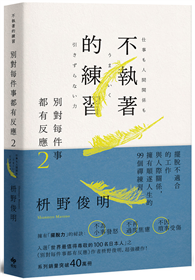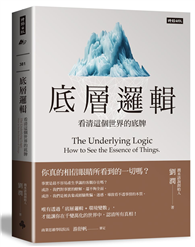William Harvey (1578-1657) was one of the greatest figures in the history of medicine. His major contribution to the medical sciences was his discovery of the circulation of blood. He was also the personal physician to both James I and Charles I. William Harvey's natural philosophy was a view of the world that he developed during his education in Cambridge and Padua. It contained ways of structuring knowledge, formulating questions, and arriving at answers that directed the program of work in which he discovered the circulation of the blood. This book, the most extensive discussion of Harvey to be published in over 25 years, reports extensively on the views of those who argued for and against him. Professor French studies the major changes in natural philosophy in a period considered central to the history of science, and argues that natural philosophy, and particularly Harvey's specialty within it--anatomy--were theocentric. This work, which makes extensive use of primary (Latin) sources and is illustrated throughout with seventeenth-century illustrations, should be of value to historians of medicine and physicians interested in the history of their field.
| FindBook |
有 1 項符合
William Harvey’s Natural Philosophy的圖書 |
 |
William Harvey’s Natural Philosophy 作者:French 出版社:Cambridge University Press 出版日期:2006-11-23 語言:英文 規格:平裝 / 408頁 / 23.4 x 15.5 x 2 cm / 普通級 |
| 圖書選購 |
| 型式 | 價格 | 供應商 | 所屬目錄 | $ 2879 |
解剖學暨細胞生物學科技 |
|---|
| 圖書館借閱 |
| 國家圖書館 | 全國圖書書目資訊網 | 國立公共資訊圖書館 | 電子書服務平台 | MetaCat 跨館整合查詢 |
| 臺北市立圖書館 | 新北市立圖書館 | 基隆市公共圖書館 | 桃園市立圖書館 | 新竹縣公共圖書館 |
| 苗栗縣立圖書館 | 臺中市立圖書館 | 彰化縣公共圖書館 | 南投縣文化局 | 雲林縣公共圖書館 |
| 嘉義縣圖書館 | 臺南市立圖書館 | 高雄市立圖書館 | 屏東縣公共圖書館 | 宜蘭縣公共圖書館 |
| 花蓮縣文化局 | 臺東縣文化處 |
|
|
圖書介紹 - 資料來源:博客來 評分:
圖書名稱:William Harvey’s Natural Philosophy
|











